Tile & Stone Products
Tile & Stone Description
Commercial Ceramic Tile is a high-performance, durable, and versatile flooring solution designed for demanding commercial environments. Our ceramic tile meets the needs of architects, designers, and facility managers seeking a low-maintenance, aesthetically pleasing option.

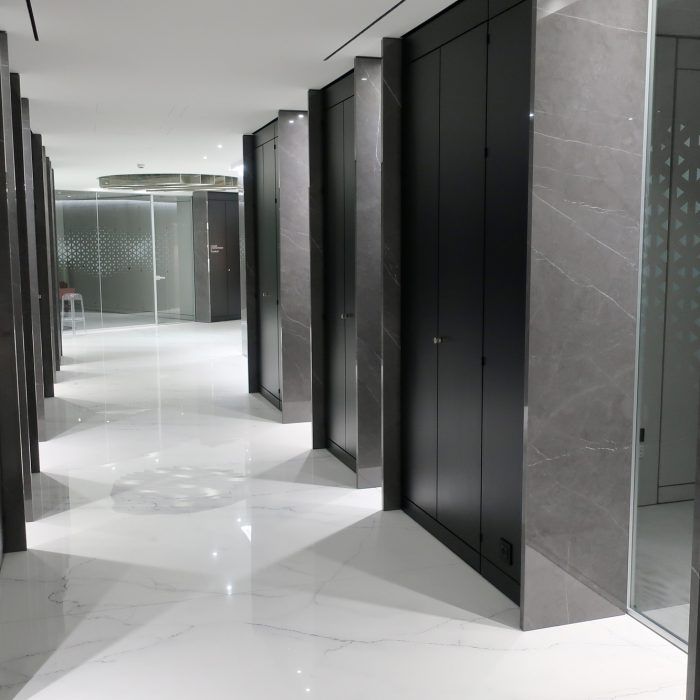
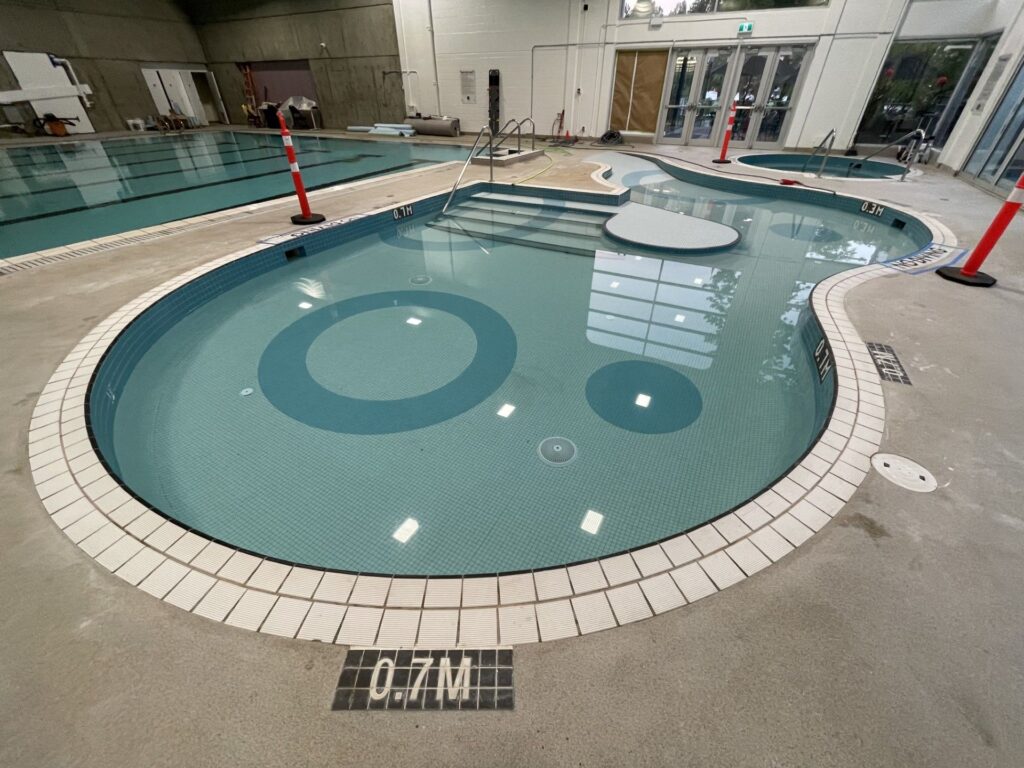
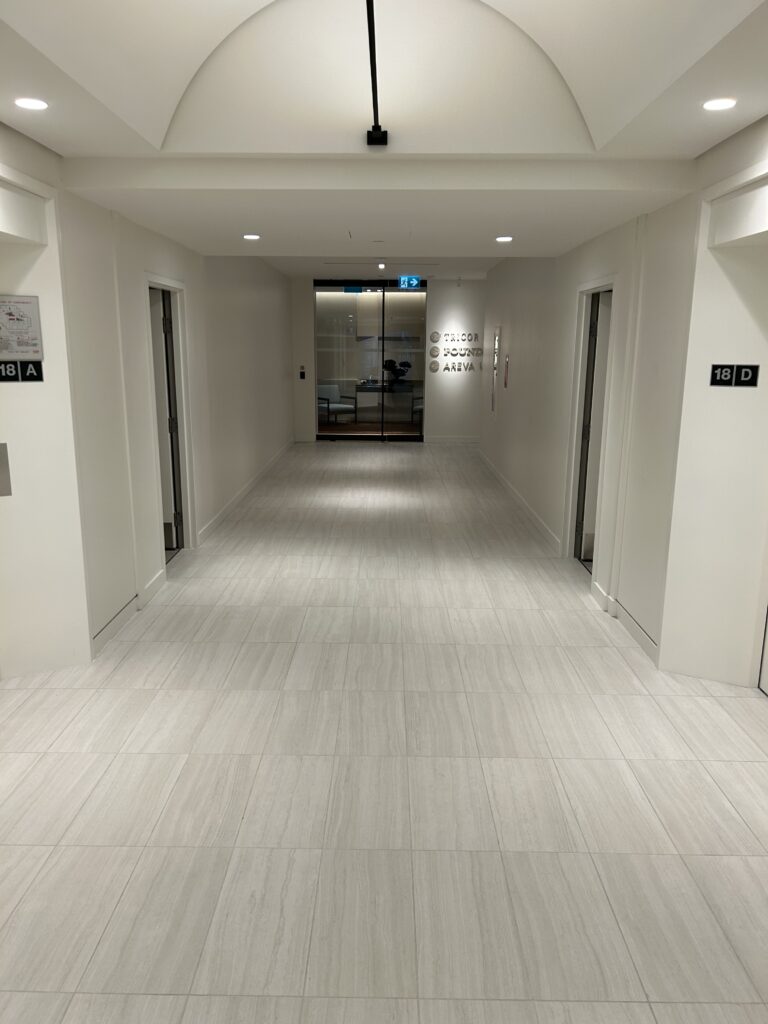
Key Features:
- Durability: Withstands heavy foot traffic and withstands scratches and wear.
- Water Resistance: Impermeable to water, reducing risk of stains and water damage.
- Slip Resistance: Textured surfaces provide traction, ensuring safety in high-traffic areas.
- Easy Maintenance: Glaze technology facilitates simple cleaning and maintenance.
- Design Flexibility: Available in various colors, patterns, and sizes to suit diverse design schemes.
Commercial Applications:
- Office Buildings
- Restaurants and Cafes
- Retail Stores
- Hospitals and Healthcare Facilities
- Hotels and Resorts
- Educational Institutions
Benefits:
- Long-Lasting Performance
- Reduced Maintenance Costs
- Enhanced Aesthetics
- Improved Safety
- Environmentally Friendly (made from natural materials)
Ceramic Tile
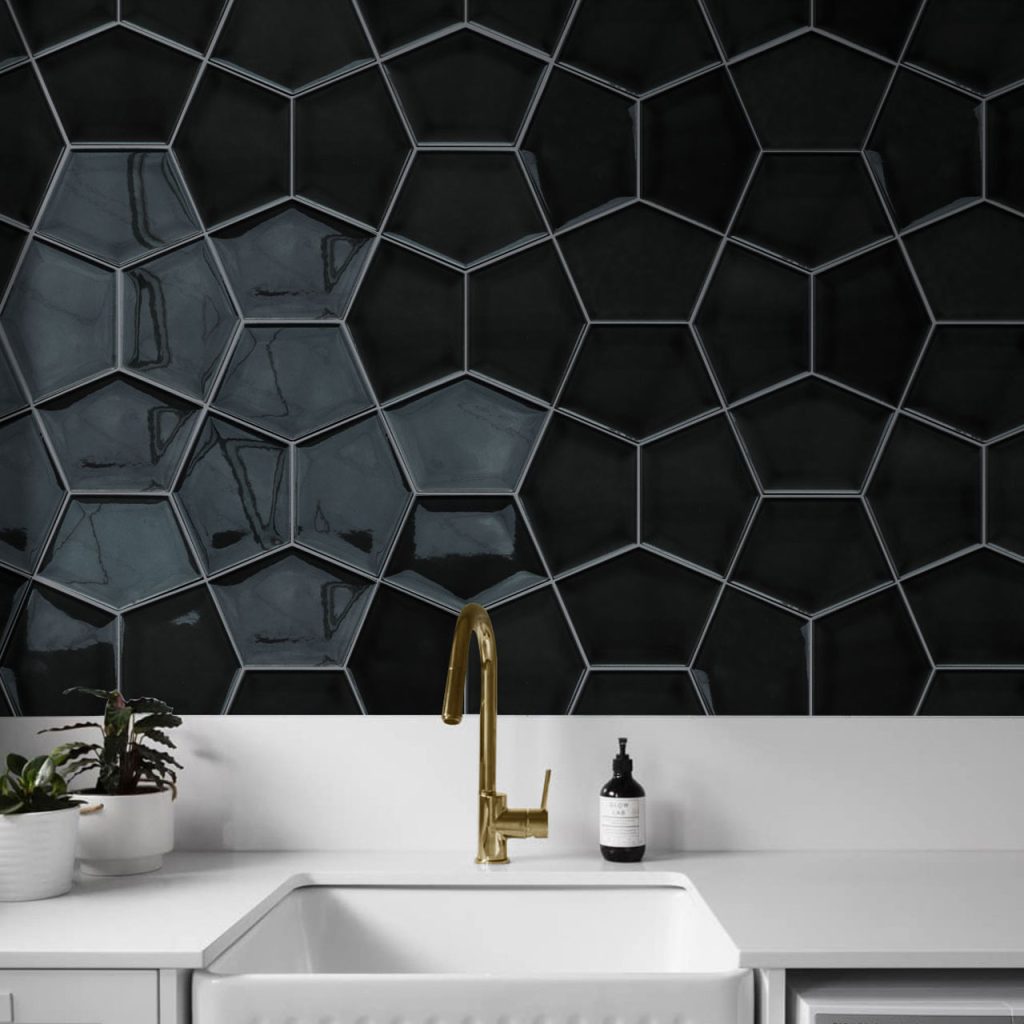
Ceramic tiles are best suited for indoor applications with lower moisture and foot traffic, such as walls, backsplashes, and light-traffic floors in living rooms and bedrooms. Their ease of cutting and installation makes them ideal for projects.
Porcelain Tile
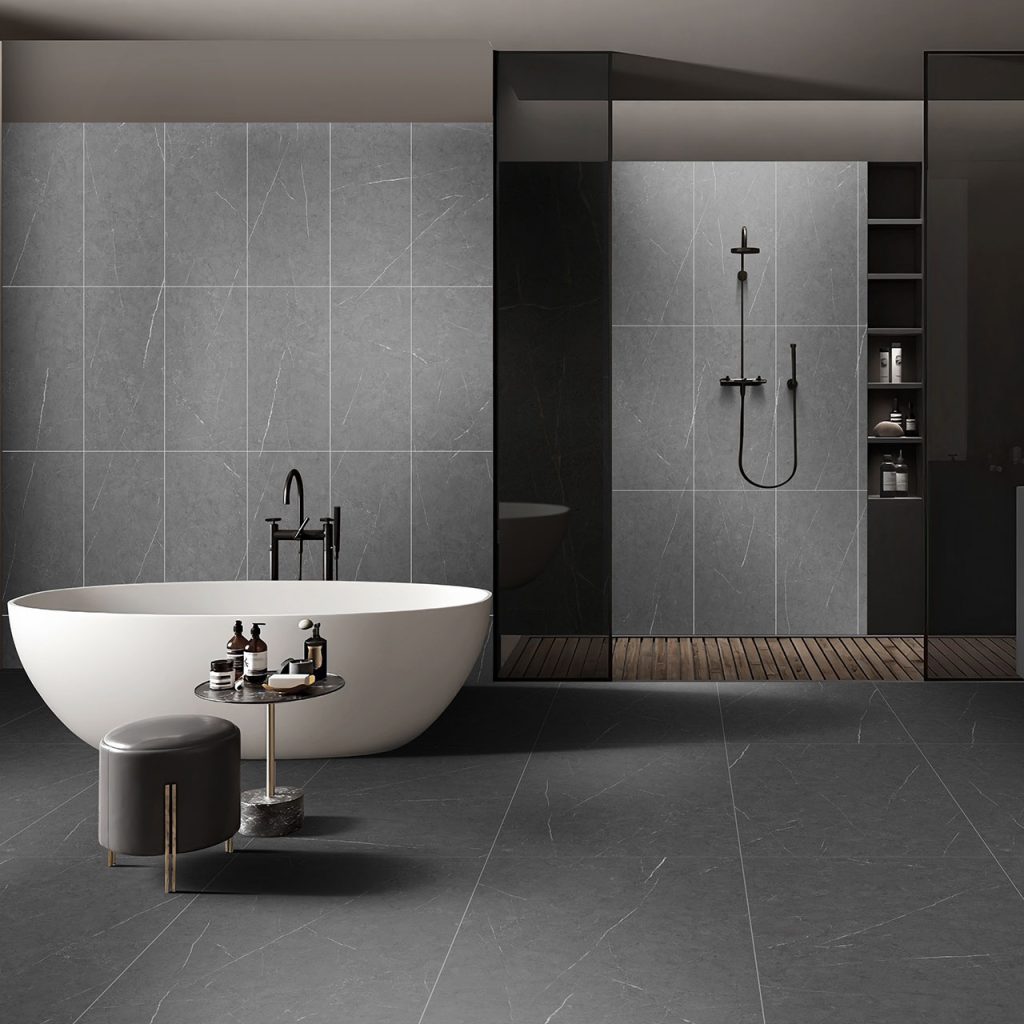
Porcelain tiles are ideal for high-traffic areas and spaces exposed to moisture, such as kitchens, bathrooms, entryways, and outdoor patios. Their durability and resistance to wear and moisture make them suitable for both residential and commercial applications.
Frequently Asked Questions
Technically, porcelain is a type of ceramic, but porcelain is crafted from a mix of higher-grade clays and fired at more extreme temperatures than ceramic. This makes porcelain harder and denser than ceramic tile, and also more durable and less porous.
There are two main categories for grout.
- Sanded Grout: Used for joints measuring from 1/8″ to 5/8″ to resist cracking and shrinkage.
- Unsanded Grout: Used for joints up to 1/8″. Glass, polished marble or metal tile require unsanded grout to avoid scratching the tile.
After tiling, you must wait at least 24 to 48 hours before grouting the tiles. The mortar used to adhere tiles to the surface needs to be cured before grouting.
Yes! Bathrooms are the rooms in your organization that are most likely to come in contact with water. Waterproof membrane will protect your bathroom from damage, mold growth and save you money on repairs in the long run.
Tile Floor consists of three layers:
- Subfloor
- Underlayment
- The surface tile
Proper underlayment is crucial for preventing cracks on the slab. Those cracks on the slab will then transfer to newly installed tiles.
There are different types of membranes
- Uncoupling membrane: It allows the substrate and the tile to move independently to prevent the top of ceramic, stone, or porcelain tile from cracks.
- Liquid applied membrane – It is a perfect sealant and support layer for the tiles.
- Peel and stick membrane: You must use primer while using this membrane. If applied correctly, it addresses crack prevention.
- Waterproofing membrane: It is typically used as underlayment in tile showers to prevent water from leaking through cracks in the concrete shower base.
- Soundproofing membrane: It intends to reduce the floor-to-floor insulation class sound
Testimonial




